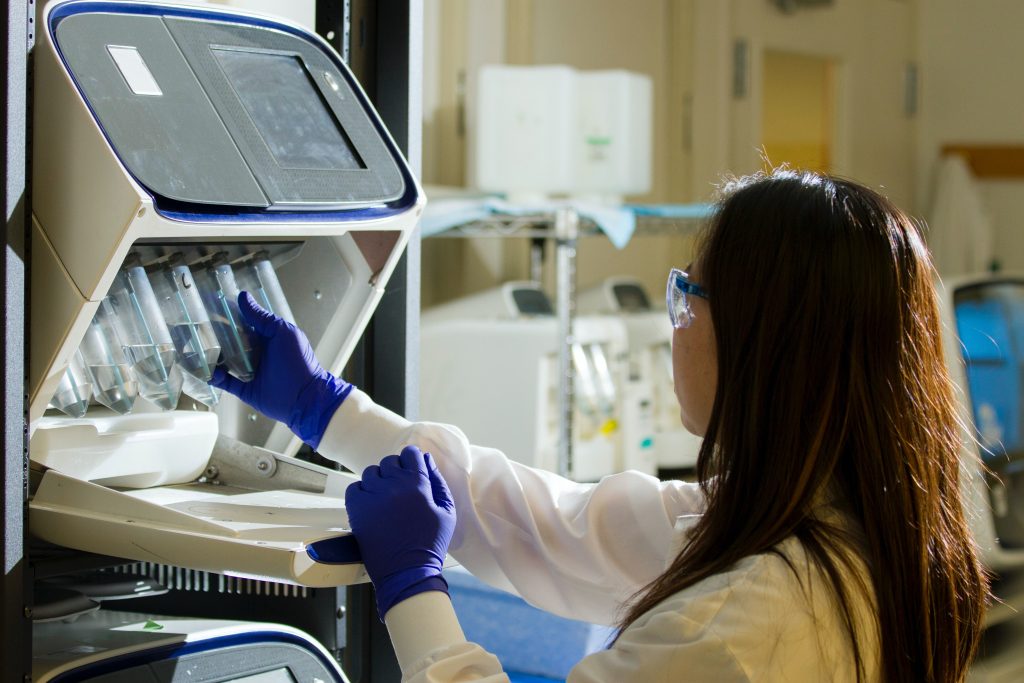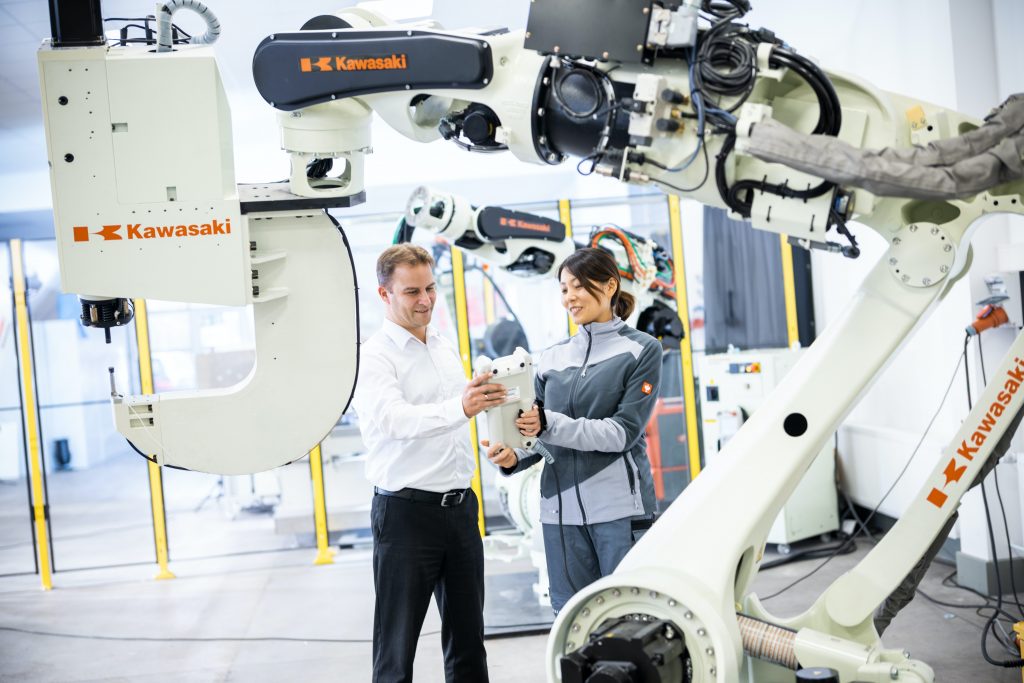Careers in Electrical and Computer Engineering
An ECE degree is a path to making a positive difference in the world.
Electrical and computer engineering (ECE) is a broad, dynamic and rapidly evolving field that encompasses a wide spectrum of technical areas related to electrical engineering and computer science. ECE involves the design of devices and systems that can range greatly in scale — from multinational electrical power grids to nanoscale computer chips. The skills developed in an ECE program have a vast range of potential applications which stem from the prevalence of computers and electrical systems in everyday life.
A degree in electrical and computer engineering is extremely versatile. Graduates are well prepared for professional and academic careers in a diverse array of fields, and an ECE degree prepares students to design and build hardware and software for a variety of devices that use electricity, electromagnetics, photonics and quantum phenomena, such as robots, smartphones, lasers, electric power, vehicle control, medical devices and much more. Explore where ECE can take you!
Examples of common ECE career path industries include:
Where do ECE alumni go to work after getting their degree(s)?
Outside of the classroom, students pursue internships and leadership opportunities and work on research with renowned faculty in one of 40 department labs. Real, hands-on experience prepares graduates to work for companies such as Intel, IBM, Agilent, T-Mobile, Verizon, Motorola, Boeing, Qwest, National Instruments, Lockheed Martin and many others.
Common employers:
- Abbott
- Amazon
- AMD
- Apple
- ARM
- Boeing
- Boston Scientific
- Fluke Corporation
- IBM
- Intel
- Medtronic
- Meta
- Micron
- Microsoft
- Nvidia
- Puget Sound Energy
- Qualcomm
- Samsung
- Seattle City Light
- SpaceX
- Tesla
- T-Mobile
Common titles in industry:
- process engineer
- project engineer
- test engineer
- manufacturing engineer
- quality engineer
- procurement engineer
- design Engineer
- systems engineer
- propulsion engineer







